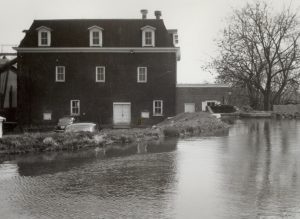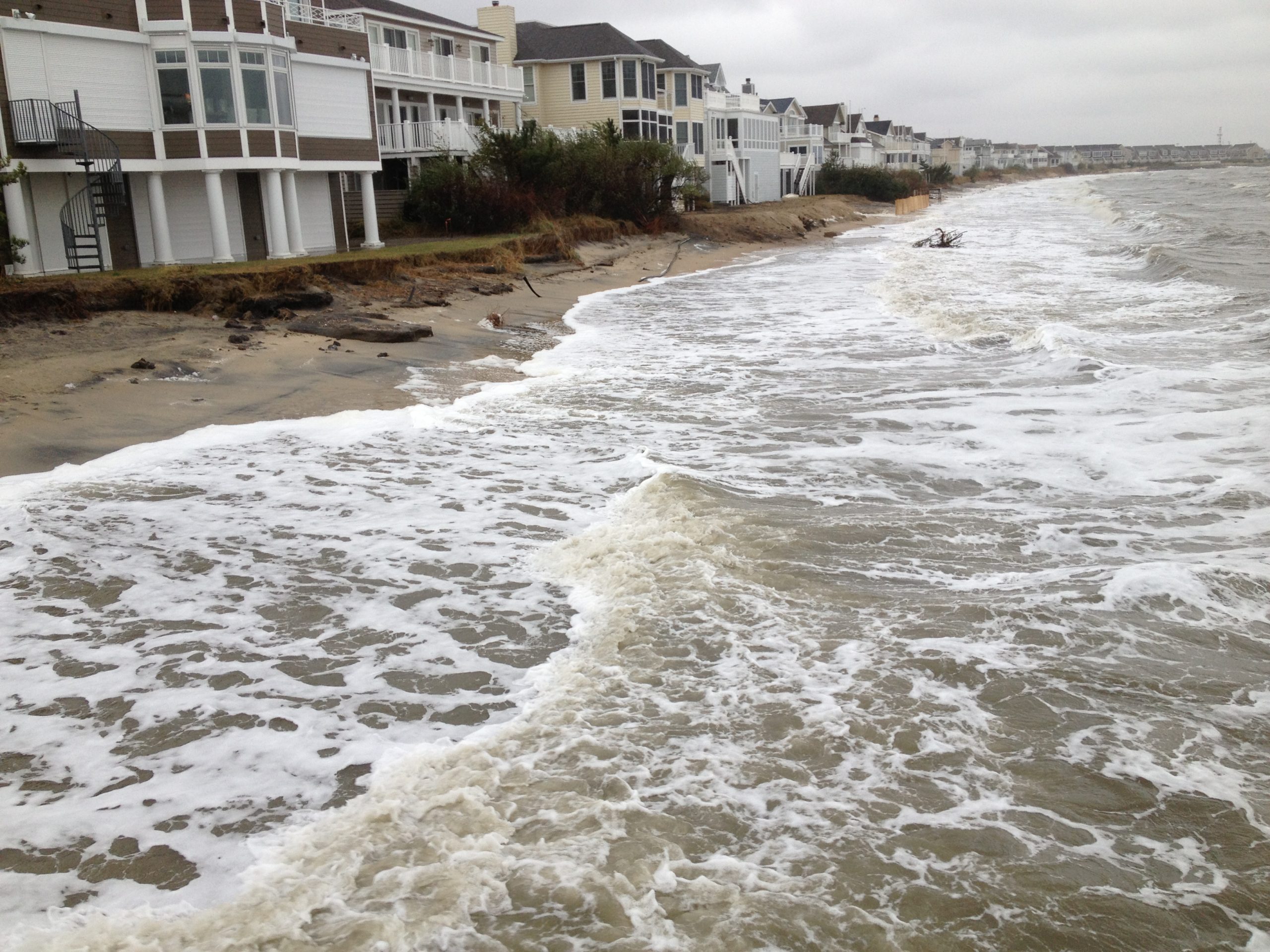(DOVER, Del. — Sept. 22, 2022) — The Delaware Division of Historical and Cultural Affairs will host three public workshops during the month of October 2022 seeking input in the development of an interpretive plan for the Cooch’s Bridge Historic Site located at 961 South Old Baltimore Pike in Newark.
Site Manager Kaitlyn Dykes and staff from the division are working with Cultural Institution Consultant Robert Forloney to prepare a document that will assess the needs of the site — from administration and management to visitor experience to community and stakeholder engagement — as well as possible design options for what that would ultimately look like.
“The goal is to create a site where the interpretation is really community driven and includes the more expansive history of the site while putting a laser focus on what people want to see and hear from us as we build from the ground up,” Dykes said. “Most places don’t get to do that because most historic sites are already established by the time they reach out to the community. We’re in a very cool spot where we get to reach out to the community first to build the foundation.”
The goal is to have a plan completed in 2023 which will guide work over the next two to five years.
In order to do that, the public is encouraged to participate in upcoming public workshops in October 2022. Two workshops will be held in person, and one will be held virtually:
• Monday, Oct. 3, 2022. 6–8 p.m. In person at the Buena Vista Conference Center, 661 S. Dupont Highway, New Castle. Free and open to the public
• Saturday, Oct. 15, 2022. 10 a.m.–Noon. In person at the Buena Vista Conference Center, 661 S. Dupont Highway, New Castle. Free and open to the public
• Tuesday, Oct. 25, 2022. 6–8 p.m. Virtual workshop streamed live via Zoom. Free but registration required by going to https://us02web.zoom.us/webinar/register/WN_FMc57qofSiyDpzAIJmP9OA.
For additional information, call the Cooch’s Bridge Historic Site at 302-922-7116 or mailto:CBmuseum@delaware.gov.
The Cooch’s Bridge Historic Site currently has multiple components, including the Cooch Homestead and Cooch-Dayett Mill complex. The homestead, which includes a 10-acre parcel with the historic home and outbuildings, was the focal point for the Battle of Cooch’s Bridge, the only Revolutionary War battle fought on Delaware soil.

The mill complex includes the circa-1830s mill, miller’s house, outbuildings and the right-of-way access to the mill race and dams along the Christina River. The current mill is the third in a succession of grist mills built by the family in this area, with the first dating to the mid-18th century. This portion of the property spans more than 60 acres and includes preserved land such as floodplain, meadows and a leased agricultural field. Both components of the property help tell the agricultural and industrial story in and around Newark and illuminate the lives of those who worked and lived in the area.
The Cooch’s Bridge Historic Site is administered by the Division of Historical and Cultural Affairs, an agency of the State of Delaware. The division enhances Delaware’s quality of life by preserving the state’s unique historical heritage, fostering community stability and economic vitality and providing educational programs and assistance to the public on Delaware history. The division’s diverse array of services includes operation of five museums, administration of the State Historic Preservation Office, conservation of the State’s archaeological and historic-objects collections, operation of a conference center and management of historic properties across the state. Primary funding for division programs and services is provided by annual appropriations from the Delaware General Assembly and grants from the National Park Service, Department of the Interior, a federal agency. However, the contents and opinions expressed in the division’s programs and services do not necessarily reflect the views and policies of the Department of the Interior.
Contact:
Jim Yurasek
Delaware Division of Historical and Cultural Affairs
Phone: 302-577-5170
E-mail: Jim.Yurasek@delaware.gov
Web: http://history.delaware.gov
 Examples of eligible projects include, but are not limited to:
Examples of eligible projects include, but are not limited to: